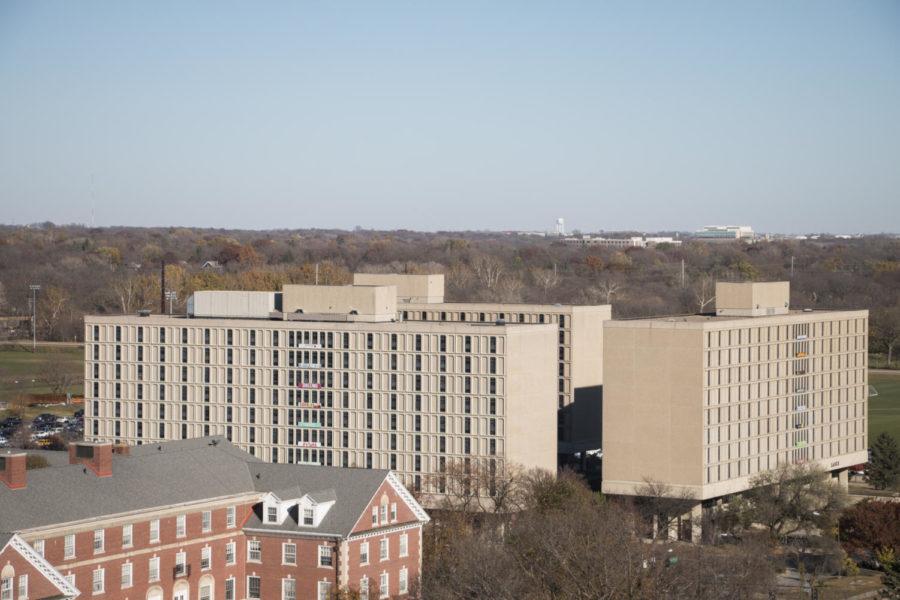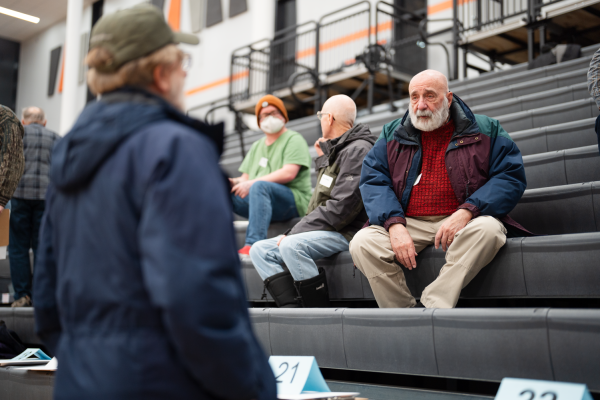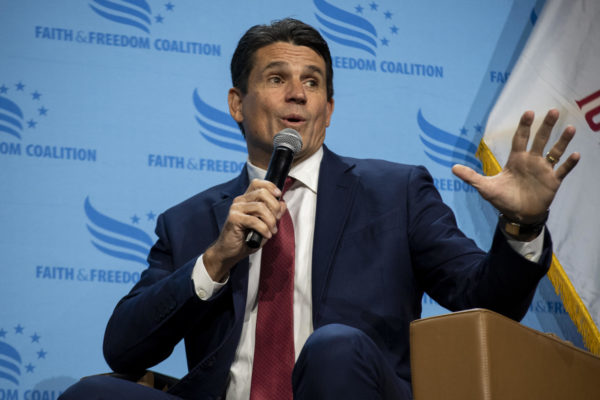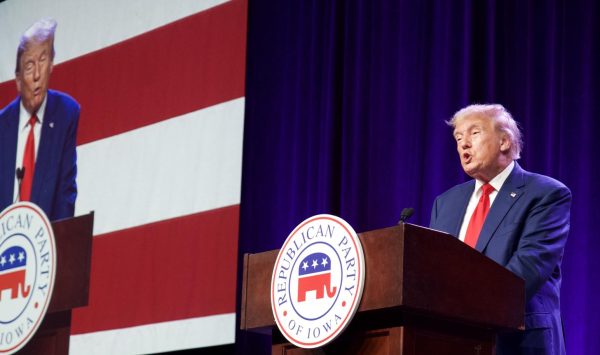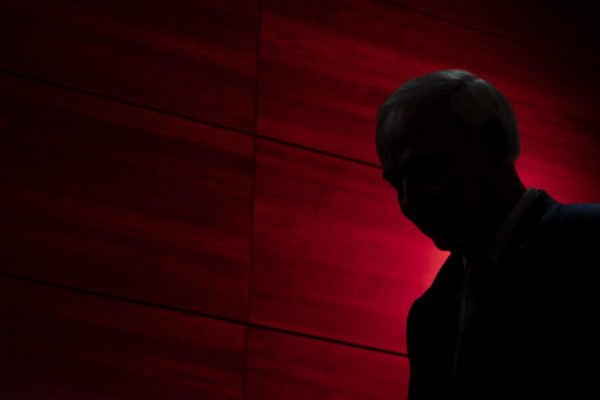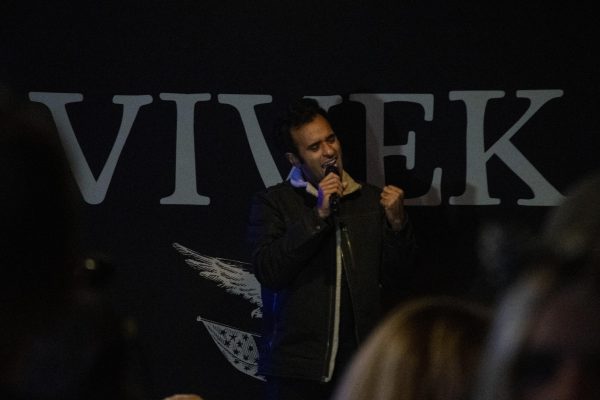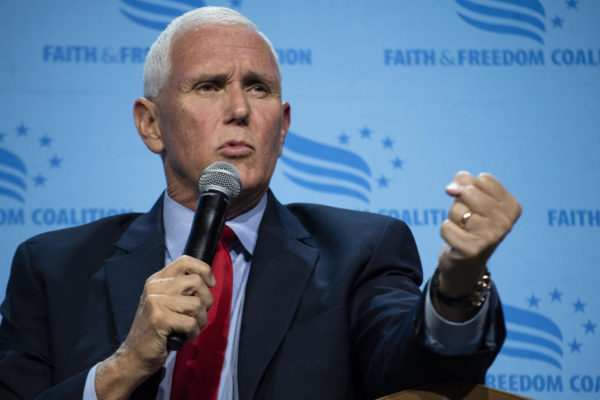Zimmerman trustworthy, deserves bond, his lawyer argues
June 29, 2012
Even though he misled the court about his finances, George Zimmerman should not be jailed as he awaits trial for the death of Trayvon Martin because the state’s case is weak and his claim of self-defense is strong, defense attorney Mark O’Mara argued Friday.
O’Mara asked that Zimmerman be released on the same $150,000 bond granted by Judge Kenneth Lester Jr. in April after Zimmerman’s wife and family testified they had little money. In reality, Zimmerman and his wife had collected more than $150,000 in donations from the public.
Lester revoked Zimmerman’s bond on June 1, after learning that the defendant and his wife had failed to disclose the donations. The judge did not immediately rule on O’Mara’s new bond request, which prosecutors opposed.
He did not say when he would rule.
Zimmerman has acknowledged shooting Martin in a February incident that put national attention on the state of race relations and gun control laws in the United States. The shooting sparked weeks of protests and rallies across the country, leading up to Zimmerman’s eventual arrest.
He has argued self-defense, telling police that Martin attacked him. But the special prosecutor in the case alleges the former neighborhood watch volunteer unjustly profiled and killed Martin.
He is charged with second-degree murder.
During Friday’s hearing, O’Mara argued that Zimmerman, 28, was scared and confused when he failed to disclose the money. But it was the only time he had failed to fully cooperate with authorities, O’Mara said.
“I would suggest that he’s evidenced that you can trust him many other times,” O’Mara said.
Prosecutor Bernie de la Rionda countered that Zimmerman should remain in jail without bond. Zimmerman was complicit in lying to the court and can’t be trusted, he said.
“He quite frankly was manipulating the whole thing, he was using his wife as a conduit,” de la Rionda said.
At times, the hearing took on the appearance of a mini-trial, with the defense calling the paramedic who treated Zimmerman and replaying a 911 call that came in at the time of the shooting in an effort to highlight what O’Mara called Zimmerman’s “extraordinarily strong argument for acting in self-defense.”
He said evidence submitted in the case is weak and suggests that Martin “got shot and he was killed because of his own doing.”
De la Rionda reiterated that prosecutors believe Martin was an innocent victim accosted by Zimmerman without provocation.
The hearing also dealt with the contributions Zimmerman collected from the public via a website he had set up to help fund his defense and his life in hiding following the Martin shooting.
Forensic accountant Adam Magill testified that thousands of dollars in donated funds flowed into and out of Zimmerman’s account in the days before the first bond hearing.
But Magill discounted allegations that Zimmerman and his wife were trying to avoid federal financial disclosures by moving less than $10,000 in funds at a time.
Instead, Magill said, those limits were imposed by PayPal, the online payments processor that Zimmerman chose to handle donations from the public.
Magill did say under cross-examination by de la Rionda that it appeared Zimmerman and his wife were speaking in code during recorded jailhouse telephone conversations about the amount of money involved. He also said transferring funds between accounts could have been done to make it appear that Zimmerman had less money available for bond than he did.
In a written motion seeking bond filed before the hearing, O’Mara acknowledged that Zimmerman had misled the court but said he still should be allowed to leave jail on bond.
“Mr. Zimmerman’s failure to advise the court of the existence of the donated funds at the initial bail hearing was wrong, and Mr. Zimmerman accepts responsibility for his part in allowing the court to be misled as to his true financial circumstances,” O’Mara wrote. “Counsel, however, points to Mr. Zimmerman’s voluntary disclosure of the fund and immediate surrender of any interest in the donated money through transfer of the fund to counsel for deposit in trust.”
The money is now “under the control of an independent trustee and is not accessible to Mr. Zimmerman or his family,” the motion said. “Any expenditure on behalf of Mr. Zimmerman must be approved by the fund administrator.”
Authorities arrested Zimmerman’s wife, Shellie Zimmerman, on a perjury charge on June 12. She is accused of lying about the couple’s finances at her husband’s bond hearing. She left jail later that day after meeting the conditions of a $1,000 bond, the Seminole County Sheriff’s Office said.
Prosecutors alleged the couple had about $135,000 in donations at their disposal when they both told the court, under oath, they were indigent.
O’Mara said his client ended up netting a total of $204,000 via PayPal accounts — about $150,000 of which is now in an independently managed trust after $30,000 was used to pay for “life in hiding.” About $20,000 has been kept liquid for “ongoing living expenses.”
At her husband’s April 20 bond hearing, Shellie Zimmerman testified she didn’t know how much had been raised through the website her husband had set up before charges were filed.
Asked whether the couple had money available to assist in his defense, she replied, “Um, not — not that I’m aware of.”
In the recording of a jailhouse phone conversation, Zimmerman asks his wife, “In my account, do I have at least $100?” She answers no, and then tells him he has more like “$8, $8.60.”
“So total everything, how much are we looking at?” Zimmerman asks his wife.
“Like $155,” she responds.
Prosecutors say the husband and wife were speaking in code about their available funds, an assertion Zimmerman’s lawyer said the defense has “never contested.”
The couple also discussed how much money could be accessed and what to do with it, including transferring funds that were raised online for his defense to accounts belonging to Zimmerman’s sister and wife, prosecutors said in court filings.
— CNN’s Lateef Mungin, Alan Duke and Vivian Kuo contributed to this report.





